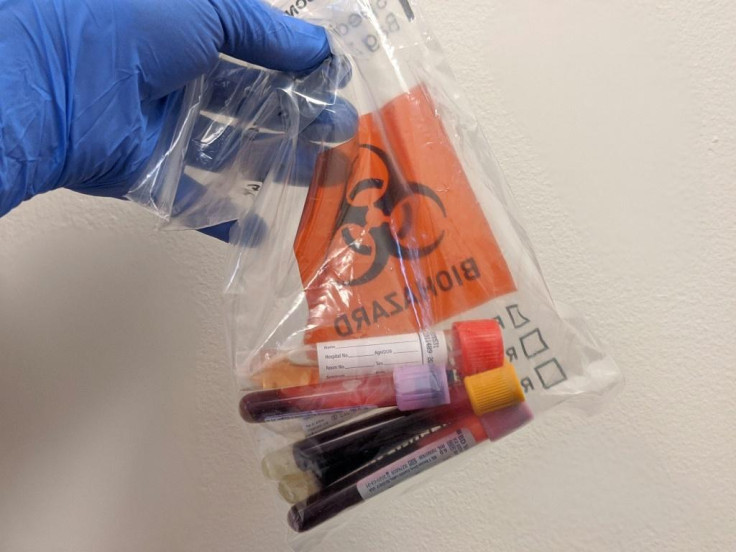COVID-19: Israeli doctor might be first documented case of coronavirus reinfection
Even White House health adviser Dr. Anthony Fauci is uncertain about how long coronavirus antibodies can protect against exposure.
The U.S. Centers for Disease Control and Prevention (CDC) just updated its COVID-19 guidelines. With a surging number of confirmed cases, the public health officials hope to address issues with supplies and manpower before the healthcare system gets overwhelmed. One of the factors considered by the government is the alleged lack of evidence that reinfection is possible. However, sources claim that a doctor in Israel who previously recovered from the disease has allegedly tested positive once again.
According to The Times of Israel, she is a doctor at Ramat Gan's Sheba Medical Center who was diagnosed with COVID-19 in April. Subsequent tests that were taken in May and June after her recovery produced negative results. Earlier this month, she was in contact with a coronavirus patient and was supposedly reinfected. This scenario appears to be exactly what many have feared after studies showed a significant reduction of antibodies in some patients who have survived its complications.
Previous reports of reinfection were eventually dismissed by scientists after it was discovered that follow-up tests might register positive, even though the patient has been deemed non-contagious. Moreover, the others called out the accuracy of certain testing methods which can produce false positives. Therefore, researchers continue to focus on the human body's immune response in order to understand why some individuals are more resistant to infections.
Even renowned infectious diseases expert and White House health adviser Dr. Anthony Fauci is uncertain about how long coronavirus antibodies can protect against exposure. "With this spike protein that's being presented in the way that we do it with primes and in some cases boosts, we're going to assume that there's a degree of protection, but we have to assume that it's going to be finite," he said to National Institutes of Health (NIH) Director Dr. Francis Collins.

In June, an abstract that is yet to be peer-reviewed indicated that in approximately 1,500 COVID-19 patients, 10 percent no longer had antibodies in just weeks after recovery. Hence, this implies that reinfection might still be possible. Meanwhile, a related study notes that those who do not develop severe symptoms might remain susceptible compared to those who did.
© Copyright IBTimes 2025. All rights reserved.





















